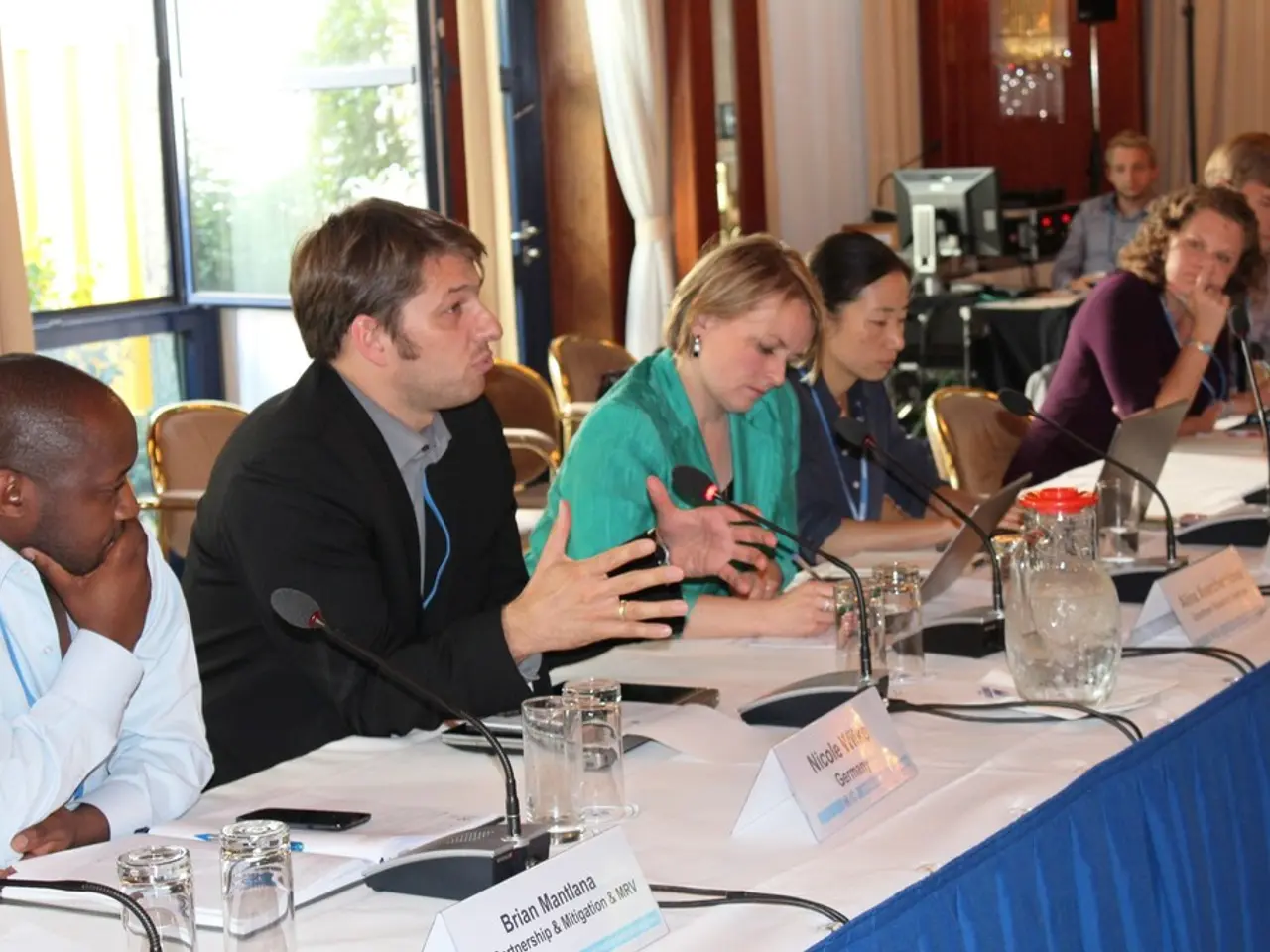Loneliness and hearing impairment speed up cognitive deterioration
In a significant study, researchers at a nursing home found that an indoor gardening program led to a decrease in loneliness scores among residents who participated, highlighting the potential benefits of such simple interventions for seniors[1]. The research underscores the fact that indoor gardening can help reduce loneliness among seniors.
However, hearing loss and loneliness pose a more pressing concern for older adults. A combination of these two factors significantly accelerates cognitive decline, particularly memory loss[2][3][5]. Hearing impairment increases brain effort to process sounds and often leads to communication difficulties that foster social withdrawal and feelings of loneliness.
A study by the University of Geneva analyzed data from over 33,000 older European adults to delve deeper into the combined impact of hearing loss and loneliness on memory[2][5]. The results were alarming: individuals with hearing loss who also experienced loneliness showed the fastest rates of memory decline, regardless of their social isolation status.
Loneliness linked to hearing loss causes emotional distress, anxiety, social withdrawal, and can lead to social fatigue or social phobia, reducing engagement in stimulating activities that support cognitive health[1][3]. This emotional distress creates a harmful cycle: hearing loss increases social difficulties, raising loneliness; loneliness then accelerates cognitive decline that hearing loss initiates. Social isolation acts as a mediator between hearing loss and cognitive dysfunction[3].
Early diagnosis and interventions such as hearing aids, auditory training, social engagement programs, mindfulness practices like meditation and tai chi, and counseling can help reduce loneliness and maintain cognitive function, ultimately improving quality of life in aging adults[1][5].
As the world's population ages, the issue becomes increasingly critical. By 2050, nearly 2.5 billion people will experience hearing loss or impairment[4]. More than a third of seniors have reported experiencing feelings of loneliness, while more than 1 in 4 people over the age of 60 experience disabling hearing impairment[4].
The study results emphasize the importance of addressing both hearing loss and loneliness to prevent cognitive decline. By fostering social connections, encouraging engagement in stimulating activities, and providing support for those struggling with hearing loss, we can help older adults maintain their cognitive health and improve their quality of life.
[1] National Institute on Aging (2020). Hearing loss and aging. Retrieved from https://www.nia.nih.gov/health/hearing-loss-aging [2] University of Geneva (2020). Loneliness and hearing loss: a dangerous combination for cognitive health. Retrieved from https://www.unige.ch/science/actualites/2020/loneliness-and-hearing-loss-a-dangerous-combination-for-cognitive-health [3] American Speech-Language-Hearing Association (2019). Hearing loss and dementia: what's the connection? Retrieved from https://www.asha.org/public/hearing/Hearing-Aids/Hearing-Loss-and-Dementia-Whats-the-Connection/ [4] World Health Organization (2021). Data and statistics. Retrieved from https://www.who.int/news-room/fact-sheets/detail/deafness-and-hearing-loss
Read also:
- Stem cells potentially enhancing joint wellness and flexibility during aging process?
- Obtaining Ozempic: Secure and Legal Methods to Purchase Ozempic Online in 2025
- Bone and Cartilage Disorders: Categorizations, Signs, Remedies, and Prognosis
- Home-Based Methods and Natural Remedies for Managing Atherosclerosis







